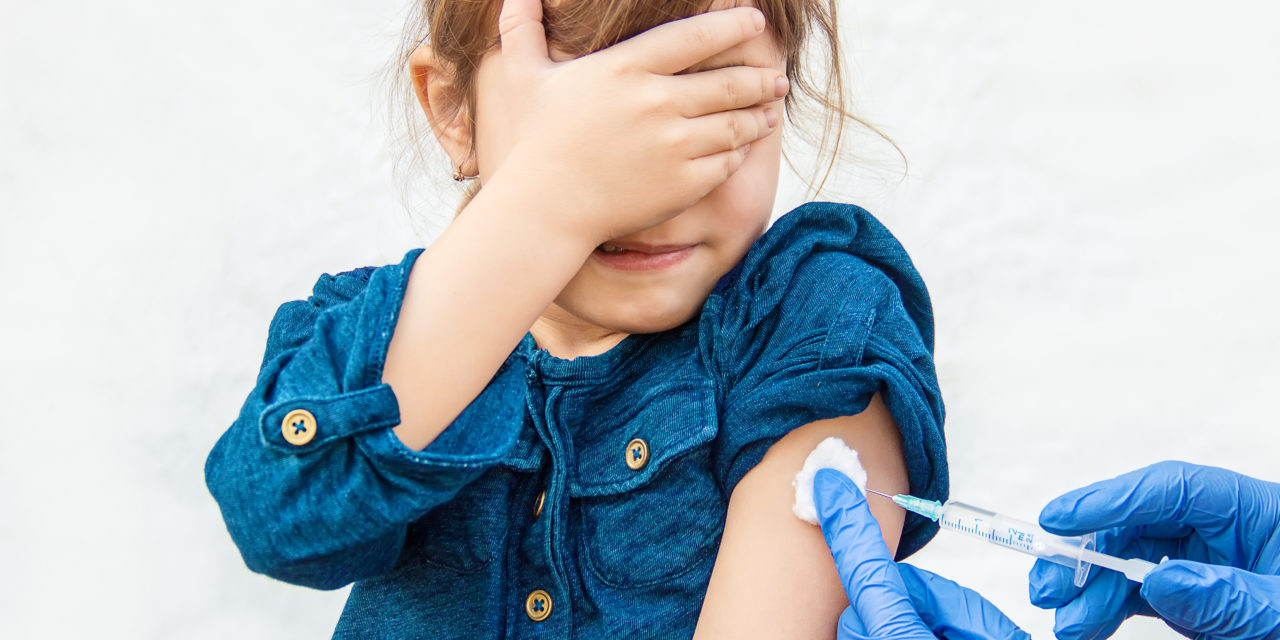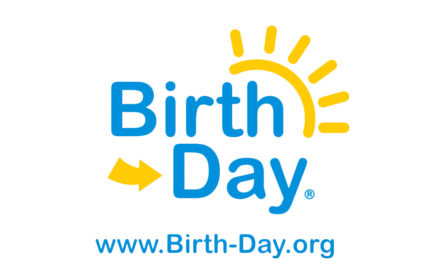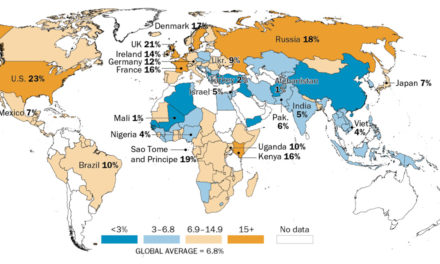The Pfizer-BioNTech COVID-19 vaccine was approved by the Food and Drug Administration (FDA) for use in adolescents on Monday, greenlighting children ages 12 through 15 years of age to receive the vaccine.
“The FDA’s expansion of the emergency use authorization for the Pfizer-BioNTech COVID-19 Vaccine to include adolescents 12 through 15 years of age is a significant step in the fight against the COVID-19 pandemic,” said Acting FDA Commissioner Janet Woodcock in a statement. “Today’s action allows for a younger population to be protected from COVID-19.”
Notably, the action was taken under an emergency use authorization, or EUA, which allows vaccines which have not yet received full FDA approval to be used, since the agency judges that the benefits of the vaccine outweigh its risks.
The press release from the FDA stated that as of April 30, 2021, around 1.5 million cases of COVID-19 had been reported in adolescents ages 11 to 17.
“Children and adolescents generally have a milder COVID-19 disease course as compared to adults,” the FDA noted.
Indeed, according to the American Academy of Pediatrics (AAP), even though children have represented 14.0% of all COVID-19 cases, they have only represented between 00.0%-0.21% of all COVID-19 deaths.
“In states reporting, 0.00%-0.03% of all child COVID-19 cases resulted in death,” the AAP notes.
The decision to approve the Pfizer vaccine for 12- to 15-year-olds was made following a clinical trial that included 2,260 participants in that age group, of which 1,131 received the vaccine and 1,129 received a placebo.
“The most commonly reported side effects in the adolescent clinical trial participants, which typically lasted 1-3 days, were pain at the injection site, tiredness, headache, chills, muscle pain, fever and joint pain,” the FDA noted.
The news from the FDA will likely be welcomed by some parents, who are worried their child may be exposed to COVID-19 at school, social gatherings or other activities.
However, other parents may be concerned that the potential side effects of the vaccine could outweigh any potential benefits, considering that children are at very little risk of dying from COVID-19.
As more and more children go back to school, are you planning to have your children receive the COVID-19 vaccine?
Related:
COVID-19 Vaccines: What You Need to Know
You can follow this author on Parler @Zachary Mettler
Photo from Shutterstock






